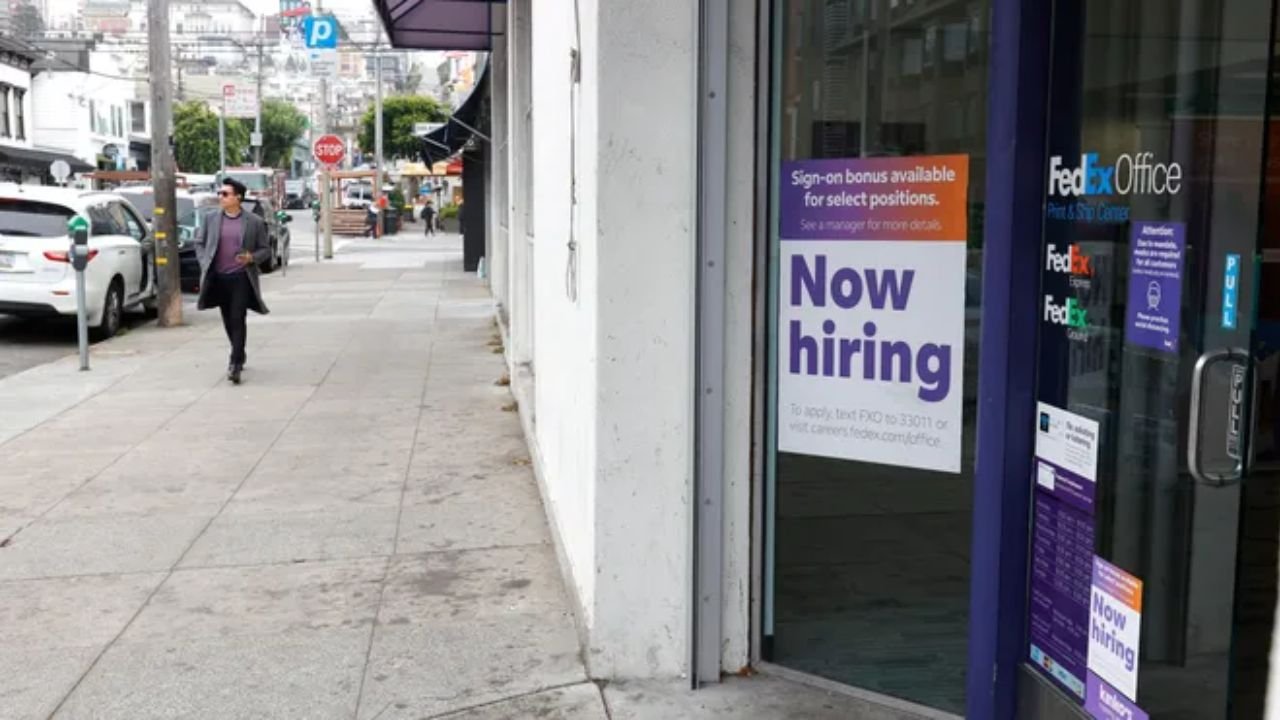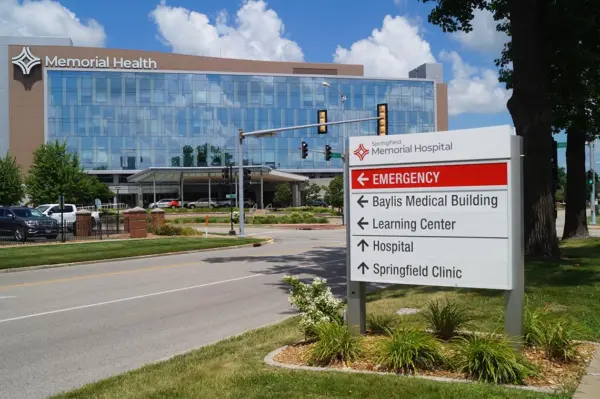CHICAGO — For the first time in five years, Chicago’s staggering pension debt has taken a notable dip — falling by $1.3 billion in 2024, according to the city’s new audited annual financial report. While the progress marks a rare moment of fiscal relief, the long-term outlook remains deeply complicated by legal mandates and looming funding gaps.
Pension Debt Dips Below $36 Billion
Chicago now owes $35.9 billion to its four public pension funds — covering police officers, firefighters, municipal workers, and laborers — a 3.5% decrease from the end of 2023, according to the 2024 Annual Comprehensive Financial Report.
While this marks a turning point, overall pension debt has still risen 13% since 2019, amounting to a $4.1 billion increase in unfunded liabilities over five years.
City Credits Boosted Contributions for Positive Shift
Chicago Chief Financial Officer Jill Jaworski attributed the improvement to proactive city payments that exceeded state requirements by $802 million over the last three years.
“These funding levels are, as we all know, not high enough, but it’s a significant turnaround to see them stabilizing and actually going up,” Jaworski told reporters during a virtual press conference.
Still, the funding status remains weak by national standards:
-
Police & Fire pension funds: ~24.5% funded
-
Municipal employees fund: 26% funded
-
Laborers fund: 42.6% funded
For comparison, most large public pension funds in the U.S. have average funding ratios of 70%.
Future Obligations Still Pose Serious Risks
Even with this temporary progress, Chicago faces a $2.76 billion pension bill in 2026 to remain on track with state law, which requires some funds to reach 90% funding by 2055–2058.
According to the city’s 2025 Budget Forecast, officials expect a $1.2 billion budget deficit in 2026, fueled not only by pension demands but also by financial instability at the Chicago Transit Authority and Chicago Public Schools — two agencies that are no longer propped up by federal COVID-era funding.
Tier II Fix Remains Unresolved in Springfield
Another challenge stems from a 2010 state pension reform law known as Tier II, which trimmed retirement benefits for new hires. However, these reductions are now projected to fall below minimum federal Social Security thresholds, forcing state lawmakers to consider expensive fixes.
Despite control of the General Assembly and governor’s office, Democrats have not advanced a solution in over two years. Any adjustment is expected to increase the city’s unfunded liabilities, raising the stakes for already-stressed local budgets.
“We know that’s going to cost us more money,” Jaworski acknowledged, but added, “We think that it’s relatively manageable.”
What do you think about Chicago’s long-term pension strategy? Drop your thoughts in the comments on ChicagoSuburbanFamily.com.














